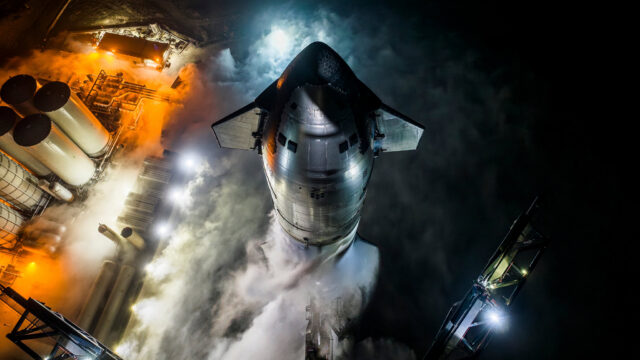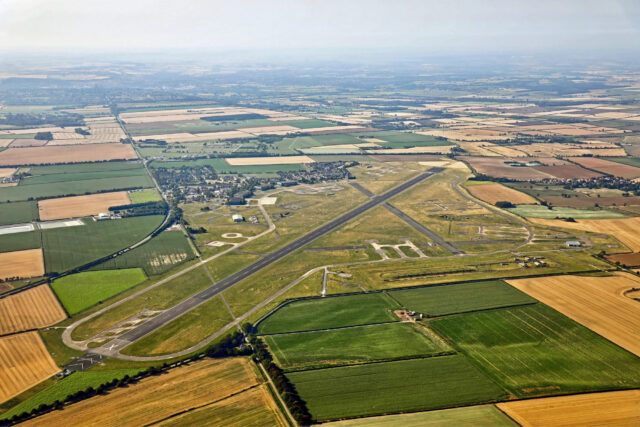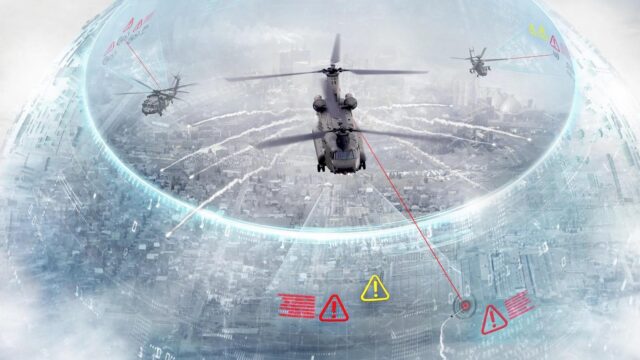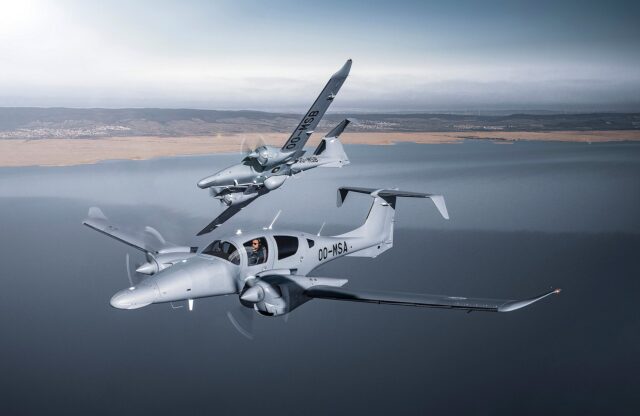Franco-German FCAS partnership faces collapse and both say they can go it alone

September 24, 2025

An irreconcilable split may be emerging between France and Germany, which could result in each going its own way to develop a 6th-generation fighter jet. Currently, FCAS is estimated to enter service in 2040 and is projected to cost 100 billion euros; however, its future is uncertain unless Dassault and Airbus resolve their differences.
The troubled Franco-German FCAS partnership
In what may feel like deja vu for some, Germany and France may be heading for a split in developing the next-generation Future Combat Air System (FCAS) fighter jet. In the 1980s, European powers partnered to develop what would be the Typhoon Eurofighter, only for France to break off, go its own way, and independently develop the Rafale.

In 2017, Germany, France, and Spain partnered to develop the FCAS programme to replace their Eurofighters and Rafales. Of these, Germany and France are the two major players, with Dassault and Airbus as their respective lead contractors.
France has long prioritised strategic autonomy and focuses on developing its own weapon systems independently so that it is free from controlling influence from other countries. France’s extensive network of nuclear power plants is an extension of that long-standing policy.
Spain’s Sánchez backs Germany in FCAS fighter jet dispute with France https://t.co/2jeWn0ZOWp pic.twitter.com/oOnQHZ58qc
— Euractiv (@Euractiv) September 19, 2025
However, developing a true next-generation fighter jet is enough to tax the aerospace industry of any country to the breaking point. To share expenses and risks, France reluctantly partnered with Germany, but in 2025, it started to demand 80% control of the programme. Meanwhile, Germany said it would not just meekly fund a French aircraft.
France’s Dassault says it can go it alone
France24 reported Dassault chief Eric Trappier on 23rd September as saying the company can build a 6th-generation fighter jet alone. He dismissively suggested the Germans are welcome to also go it alone if they want.

Politically, French President Emmanuel Macron and German Chancellor Friedrich Merz have been at pains to make the partnership work and show European unity. However, the country’s respective contractors, such as Dassault, have differing views. One issue is that France requires the jet to be carrier-capable, unlike Germany.
Trappier stated, “We [Dassault] know how to do it, we know how to do everything from A to Z… We have the skills.” The company believes it should have leadership in the project, instead of the current arrangement where the three parties theoretically have equal say.
Germany’s Airbus says it can manage without Dassault
Germany’s news outlet Handelsblatt quoted Thomas Pretzl, the head of Airbus Defence, as saying, “I believe that FCAS will go ahead without Dassault.” He then added, “There are more attractive and suitable partners in Europe.”

It is unclear what other partners he is referring to. One possible country is Sweden, which maintains a robust aerospace sector, and Germany has just awarded a large contract to Sweden’s Saab to upgrade its Eurofighter fleet. Saab builds the Gripen fighter jet. Alternatively, Germany could go it alone with Spain.
The Financial Times suggested Germany could join the rival British, Italian, and Japanese GCAP programme. However, it is a late stage for a large industrial participant, like Germany, to join as a full participant.
Why does the UK need a Future Combat Air System? FCAS will integrate a sixth-gen fighter with cutting edge-tech & other platforms like un crewed systems, to create crucial military capability for decades to come. Find out about the latest developments 👇https://t.co/iu67PEFLBG pic.twitter.com/nMeynz2tZu
— BAE Systems Air (@BAESystemsAir) August 14, 2025
The Financial Times quoted one unnamed relevant person as saying, “Better an end with horror than a horror without end, there will be a fighter [jet] with or without France.”
Time will tell if a solution for the Franco-German partnership can be found. Currently, the heads of the respective countries have said they are working to find a solution by the end of the year.
















